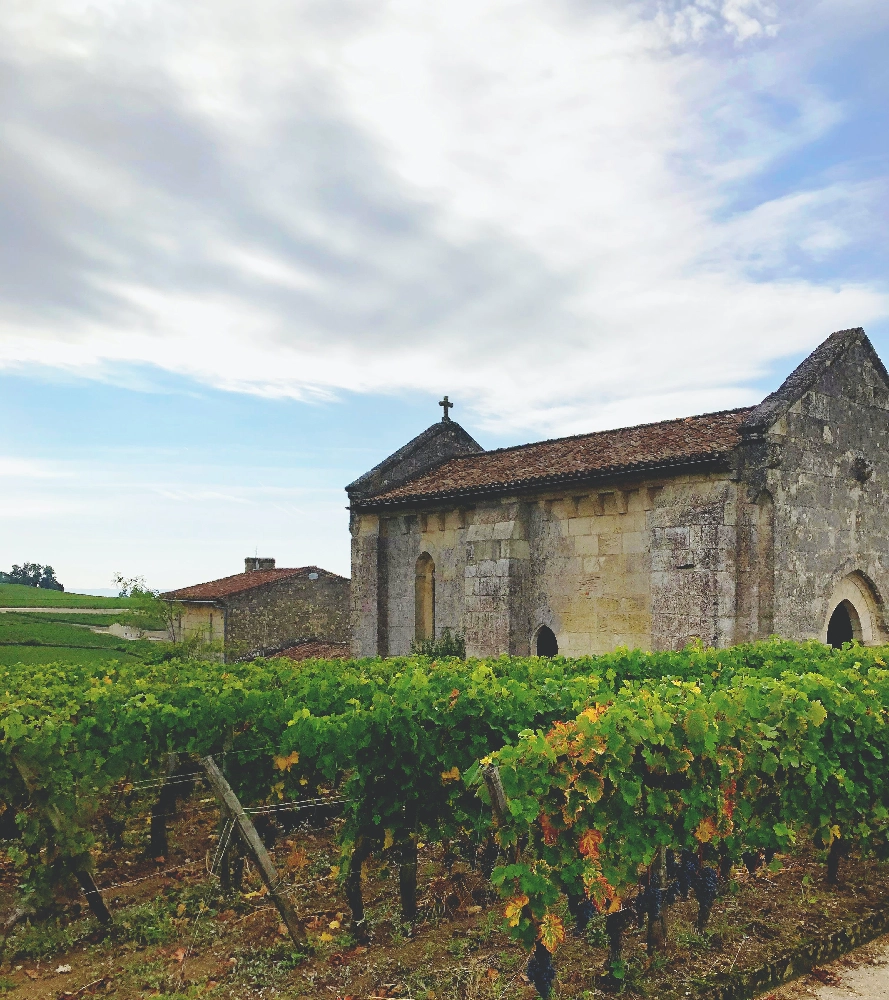
Berkane Wineries & Wines Stats
Wineries
2
Wines
17
A Historical Wine Significance Review of the Ancient Berkane Region
Introduction: Berkane, an ancient wine-producing region located in present-day Algeria, has a rich and intriguing history deeply rooted in the cultivation and production of wines. Dating back to antiquity, Berkane was once a significant contributor to the Mediterranean wine trade. This review will explore the historical significance of Berkane's wine production, grape varieties, winemaking techniques, and pairings with foods.
Historical Significance: The Berkane region has been producing wines since at least the Carthaginian period (814-146 BC). The Phoenicians, who founded the city of Carthage, are believed to have played a crucial role in introducing viticulture and winemaking practices to the region. Berkane's strategic location on the eastern coast of Algeria made it an essential stop for traders traveling between Europe and the Mediterranean basin.
Grape Varieties: Although specific grape varieties from Berkane are not well-documented, archaeological evidence suggests that ancient vintners cultivated various indigenous and imported grapes in the region. Some of these grape varieties may have included Cinsault (known as Rouge de Grpe in Algeria), Carignan, Grenache, and Mourvèdre.
Winemaking Techniques: Ancient Berkane winemakers employed traditional methods to produce wines suitable for various purposes, such as religious ceremonies, daily consumption, and trade. These techniques likely included hand-harvesting grapes, crushing them with feet or simple presses, fermenting the juice in large clay pots called amphorae, and aging the wine in terracotta jars or barrels made from local wood.
Food Pairings: Ancient Berkane wines were versatile and paired well with various foods common to the Mediterranean diet during antiquity. Some of these dishes included fish preparations, roasted meats, savory stews, and flatbreads. The bold and flavorful red wines from Berkane would have complemented rich, hearty dishes, while lighter, fruitier white wines could have been enjoyed with seafood or as an accompaniment to sweeter desserts.
Conclusion: Berkane's historical significance in the world of ancient wine production cannot be overstated. Its strategic location and rich viticultural heritage made it a vital contributor to the Mediterranean wine trade, shaping the way wines were produced and consumed throughout history. Today, as we continue to uncover the stories of the past, Berkane stands as an enduring testament to the cultural and culinary traditions that once thrived in this extraordinary region.
